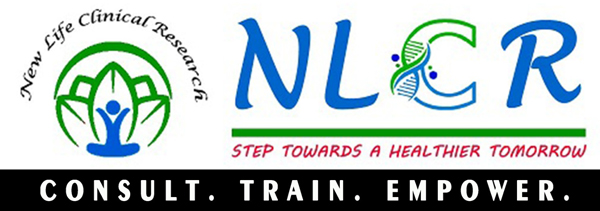Medical Assistants (MAs) are the backbone of any healthcare system. Clinics, hospitals, or any healthcare facility can hardly be run without their presence as they are multi-tasking heroes. MAs have a wide variety of responsibilities every day including patient check-in, collecting patient medical history, vitals, samples, organizing and documenting patient charts, as well as assisting physicians in completing patient visits. Did you know that medical assistants with some additional training can grow their career as clinical research coordinators (CRCs) and earn a better salary? As a CRC, you continue leveraging your medical assistant skills when interacting with research patients instead of regular patients.
As an MA, you already have mastered patient care skills, it is only a matter of substituting your existing day-to-day activities with research administrative tasks. You now work with a research doctor and complete research patient visits. Patient volume is usually low when it comes to seeing research patients as compared to regular patients as research patients have to meet certain inclusion/exclusion criteria to qualify for study enrollment. That being said, there is less leg work and you get time to work on administrative research tasks such as organizing research binders, data submission, and attending meetings. Currently, there is a huge demand for CRCs, and unfortunately, a lack of awareness among MAs about these opportunities. Moreover, a clinical research career is rarely discussed/explored by MAs. By joining the research community, you contribute to advancing science and bring hope to patients through innovative treatment options for whom available treatments don't work.
Other Benefits
- Competitive salary
- Professional growth
- Work-Life balance
- Be recognized in the medical community
- Be part of the next discovery
- Gateway to numerous growth opportunities
Now the question is,how to get involved in research? Enquire at your current workplace to find out if they are already conducting clinical trials. If yes, you may be able to get on-site training. You also have the option to work with organizations that provide professional clinical research training. Once you have complemented research skills with your existing MA skills, you can start looking for research coordinator positions within different institutions, clinics, and hospitals and break into this exciting field.
You can also work with NLCR to get the research training. Why choose NLCR?
- An effective, engaging, interactive, and self-paced learning experience that fits in with most types of learners
- Interact with Highly Qualified Instructors, Research Coordinators, and Principal Investigators
- More pragmatic approach helps to develop and master fundamental skills in less time
- Oncology research special sessions
- Affordable fee
- Diversity special session (Not usually covered in conventional research training)
- Externship (Optional)
- Resume building, Interview preparation and Networking support
And much more.
If this research career sounds exciting to you, learn more about the research training today, and become an important part of the research industry.
--------------------------------




